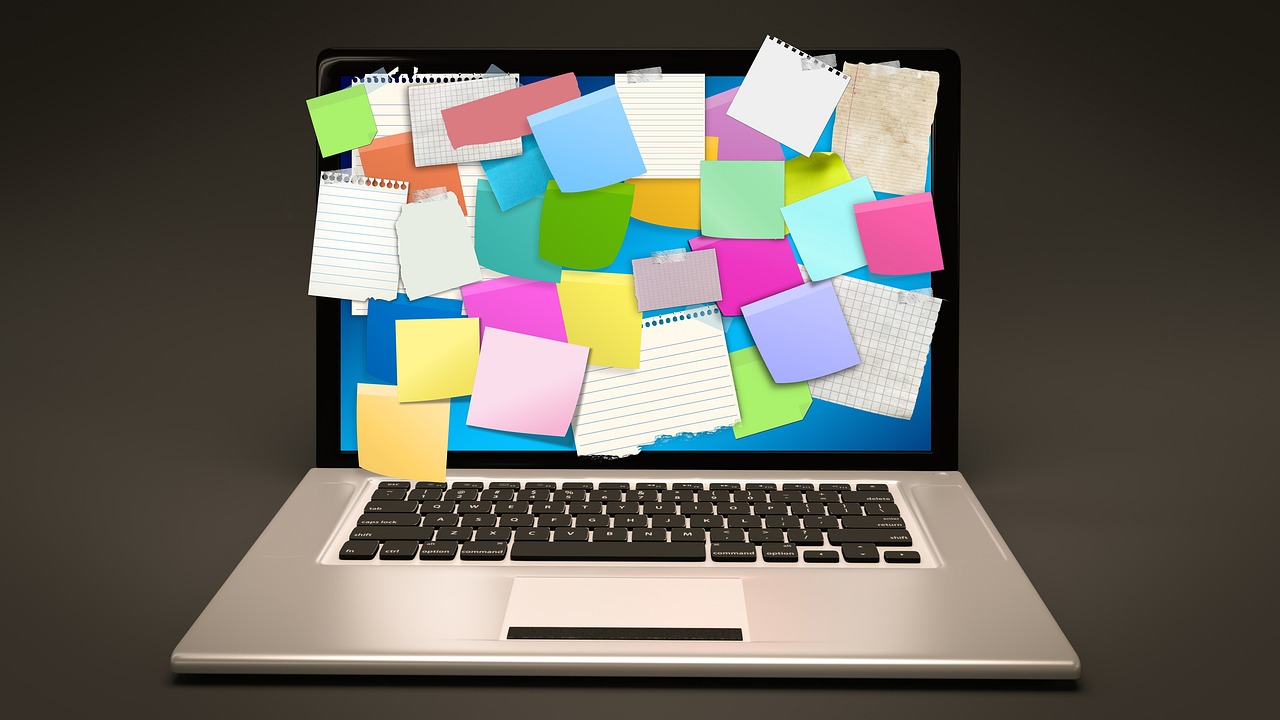In today’s fast-paced world, staying organized is key to reducing stress, increasing productivity, and maintaining a sense of control over your daily life. However, achieving and maintaining organization can be a challenge for many people. Whether you’re juggling work, family, or personal commitments, staying organized can help you manage your time and resources more effectively.
In this article, we’ll explore actionable strategies and tips that can help you improve organization in your daily life. With some small adjustments, you can transform the way you approach your tasks, routines, and overall time management.
1. Create a Daily To-Do List
A to-do list is one of the most effective tools for improving organization. Writing down tasks helps you stay focused and ensures you don’t forget important activities. Here’s how to optimize your to-do list for better organization:
- Prioritize Tasks: Rank tasks by importance or deadlines to ensure you’re tackling the most critical items first.
- Break Down Large Tasks: If a task seems overwhelming, break it into smaller, more manageable steps. This makes it less intimidating and easier to tackle.
- Review and Update: At the end of each day, review your list for the next day. Cross off completed tasks and add new ones if necessary.
A to-do list will keep you on track and prevent you from feeling overwhelmed by your daily responsibilities.
2. Implement Time Management Techniques
Effective time management is crucial for staying organized. The key is allocating time for your tasks and being disciplined in sticking to your schedule. Here are some time management techniques to try:
- Pomodoro Technique: This technique involves working in 25-minute intervals with a 5-minute break in between. After completing four intervals, take a longer break. This method helps maintain focus and prevents burnout.
- Time Blocking: Allocate specific blocks of time for particular activities. For instance, set aside an hour in the morning for answering emails or 30 minutes after lunch for planning.
- Avoid Multitasking: Focus on one task at a time. Multitasking can reduce your efficiency and make it harder to stay organized.
By managing your time effectively, you can keep your day structured and reduce the chances of feeling overwhelmed.
3. Declutter Your Physical Space
A cluttered environment can lead to a cluttered mind. Organizing your physical space is an essential part of improving daily organization. Here are a few tips to help you declutter:
- Tidy Up Regularly: Set aside time each day to tidy up. This can be as simple as putting away dishes or organizing your desk.
- Sort and Purge: Regularly go through your belongings and get rid of items you no longer need. This helps prevent clutter from building up over time.
- Create Designated Spaces: Assign a specific place for everything in your home or office. This way, you know where things belong and can quickly put items back in their place.
A clean and organized space can help improve focus, reduce stress, and make it easier to stay on top of tasks.
4. Use Digital Tools for Organization
In addition to physical organization, digital tools can be incredibly useful for managing your time and tasks. Consider using apps and platforms designed to help with organization:
- Task Management Apps: Apps like Trello, Todoist, and Asana can help you organize your tasks and track your progress. These apps allow you to create lists, set deadlines, and collaborate with others if needed.
- Calendar Apps: Use digital calendars like Google Calendar or Outlook to schedule meetings, appointments, and events. Set reminders for important tasks or deadlines to ensure nothing slips through the cracks.
- Note-Taking Apps: Apps like Evernote or Microsoft OneNote allow you to organize your notes, ideas, and documents all in one place.
By using digital tools, you can streamline your organization efforts and ensure everything is accessible and well-managed.
5. Set SMART Goals
Setting clear goals can help you stay organized and focused on what matters most. The SMART goal framework is a helpful method to define your objectives in a clear and structured way:
- Specific: Make your goal clear and well-defined.
- Measurable: Establish criteria to track your progress.
- Achievable: Set realistic and attainable goals.
- Relevant: Ensure the goal aligns with your overall priorities.
- Time-bound: Set a clear deadline for achieving the goal.
By setting SMART goals, you can stay organized and focused on achieving the results that matter most to you.
6. Develop Consistent Routines
Having a routine can help improve organization by establishing predictable patterns for daily tasks. When you have a set routine, you reduce decision fatigue and eliminate the need to constantly plan and reassess your day. Some key routines to develop include:
- Morning Routine: Start your day with activities that prepare you for a productive day ahead, like exercising, having a healthy breakfast, or reviewing your to-do list.
- Evening Routine: Create a routine to wind down at night, such as organizing your workspace, reviewing the day’s accomplishments, and planning for the next day.
- Weekly Review: At the end of each week, set aside time to reflect on what you accomplished and adjust your goals or plans for the following week.
Consistent routines help you stay on track and ensure important tasks are not forgotten.
7. Delegate and Ask for Help
You don’t have to do everything on your own. Delegating tasks and asking for help can greatly improve your organization and reduce stress. Consider:
- Delegating Tasks: If possible, delegate certain responsibilities at home or at work to others. This could involve asking a colleague to take on part of a project or having a family member help with household chores.
- Asking for Support: If you’re feeling overwhelmed, reach out for help from friends, family, or colleagues. Getting assistance can ease the pressure and help you stay organized.
By acknowledging that you can’t do everything yourself, you can share the load and stay more organized overall.
8. Practice Regular Self-Care
While staying organized is important, don’t forget about your personal well-being. Regular self-care can enhance your ability to stay organized and reduce burnout. Some self-care tips include:
- Exercise: Regular physical activity helps clear your mind and boost energy levels, making it easier to stay focused on your tasks.
- Meditation and Mindfulness: Practicing mindfulness can improve your mental clarity and help you stay organized by reducing stress and mental clutter.
- Adequate Sleep: A good night’s sleep is essential for productivity. Make sure you’re getting enough rest to stay energized and organized throughout the day.
By taking care of your physical and mental health, you’ll have the energy and focus necessary to stay organized.
Conclusion: Stay Consistent and Adaptable
Improving organization in your daily life is a gradual process that requires dedication and consistency. By implementing small changes like creating to-do lists, utilizing time management techniques, and decluttering your environment, you can develop habits that lead to better organization. It’s also important to remain adaptable and open to new methods that may work better as your lifestyle evolves.
Remember, the goal isn’t perfection — it’s about finding a system that works for you and helps you achieve your objectives with less stress and more efficiency.

